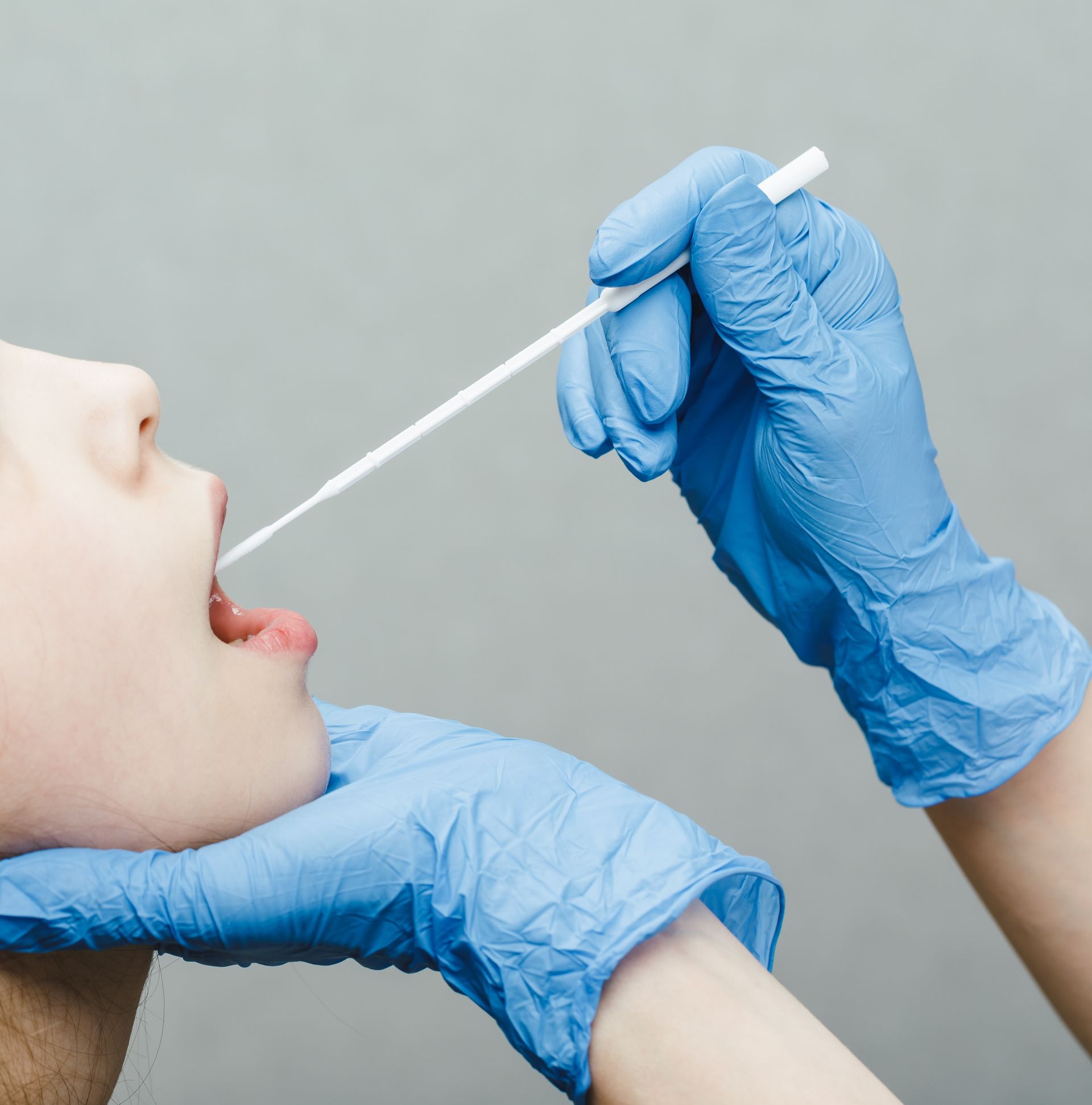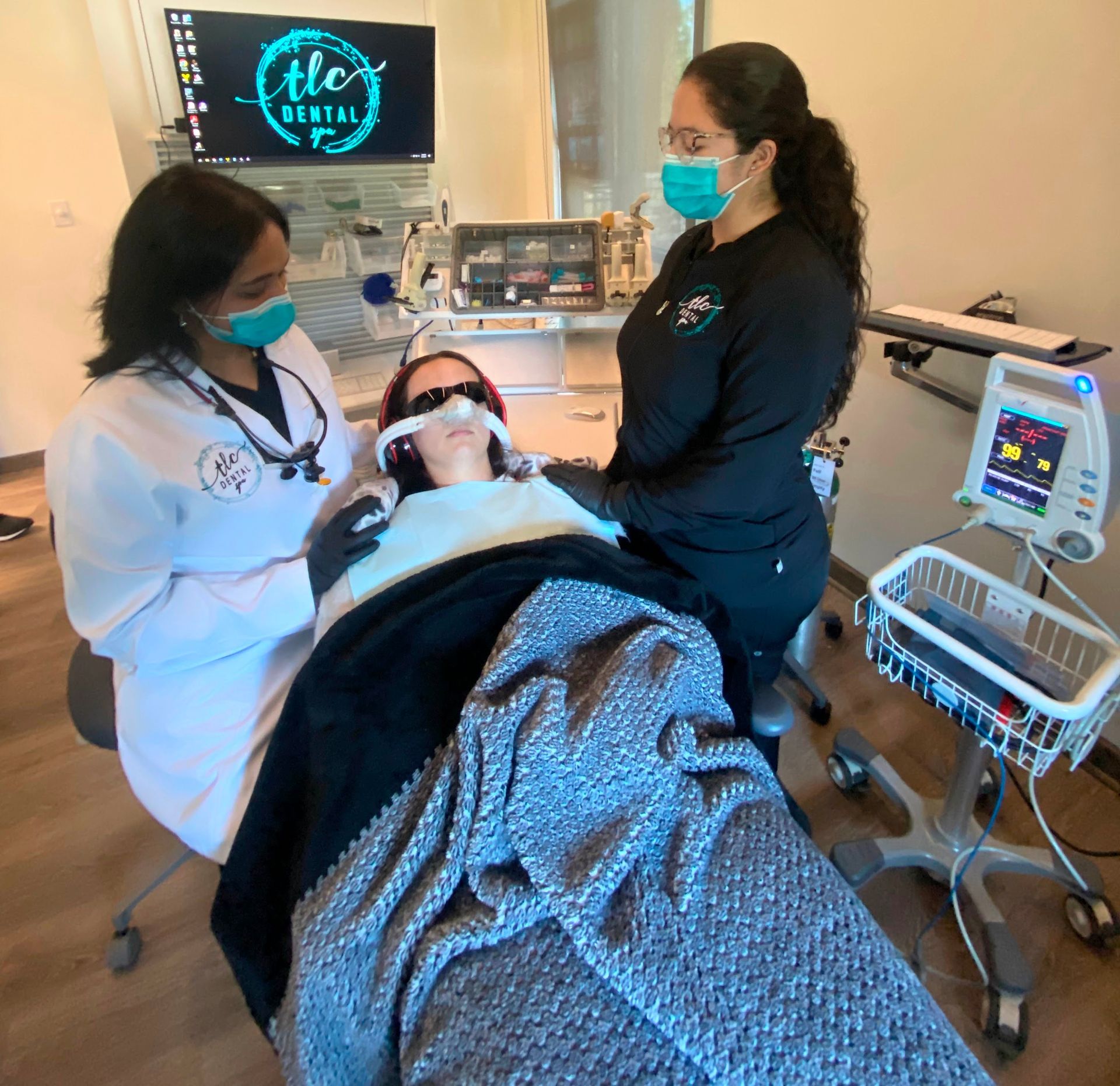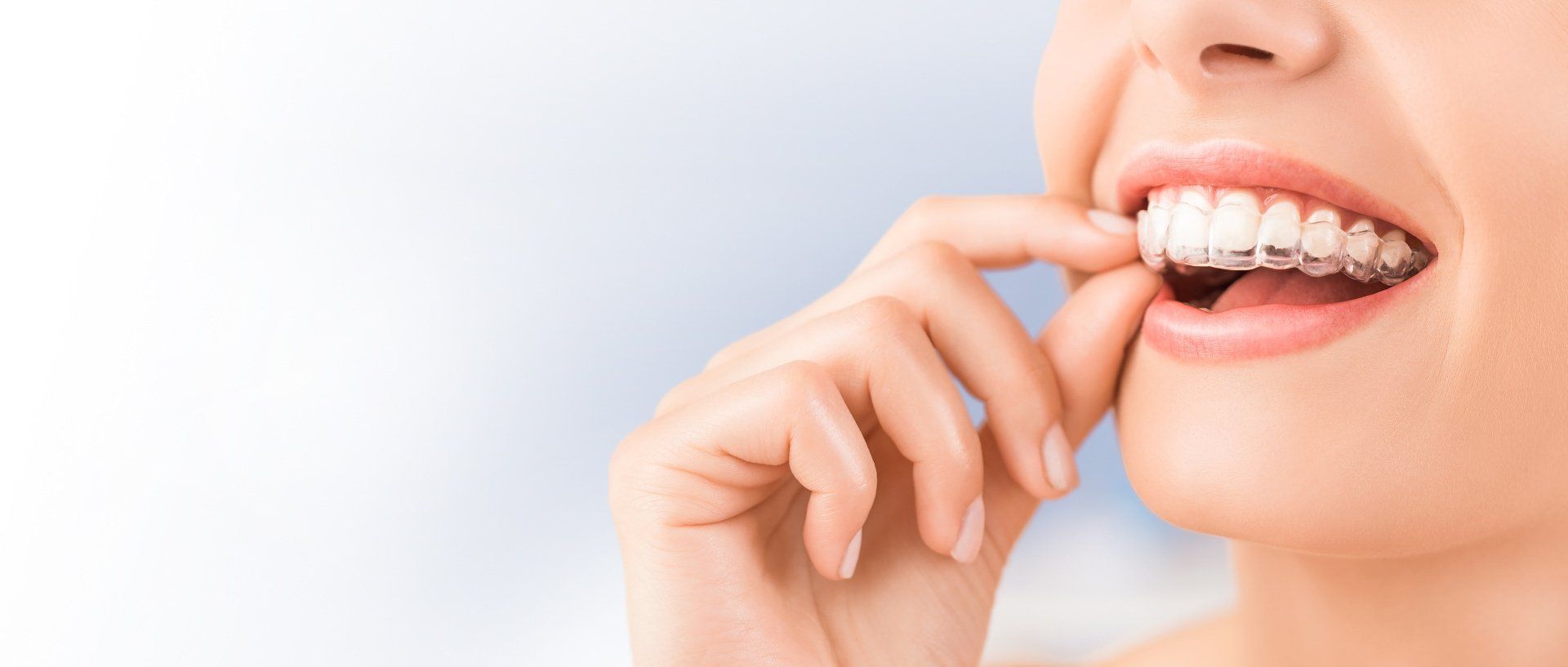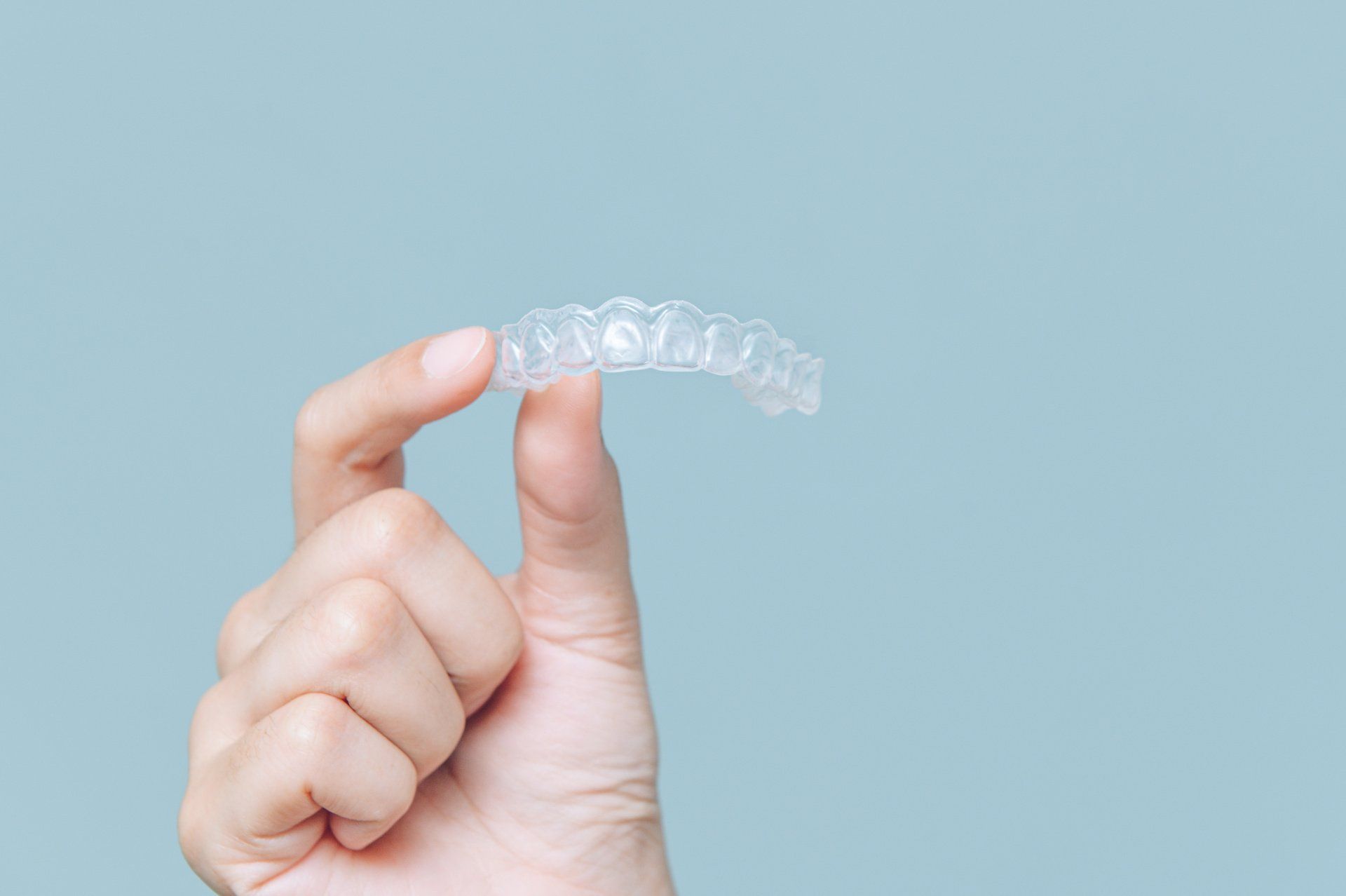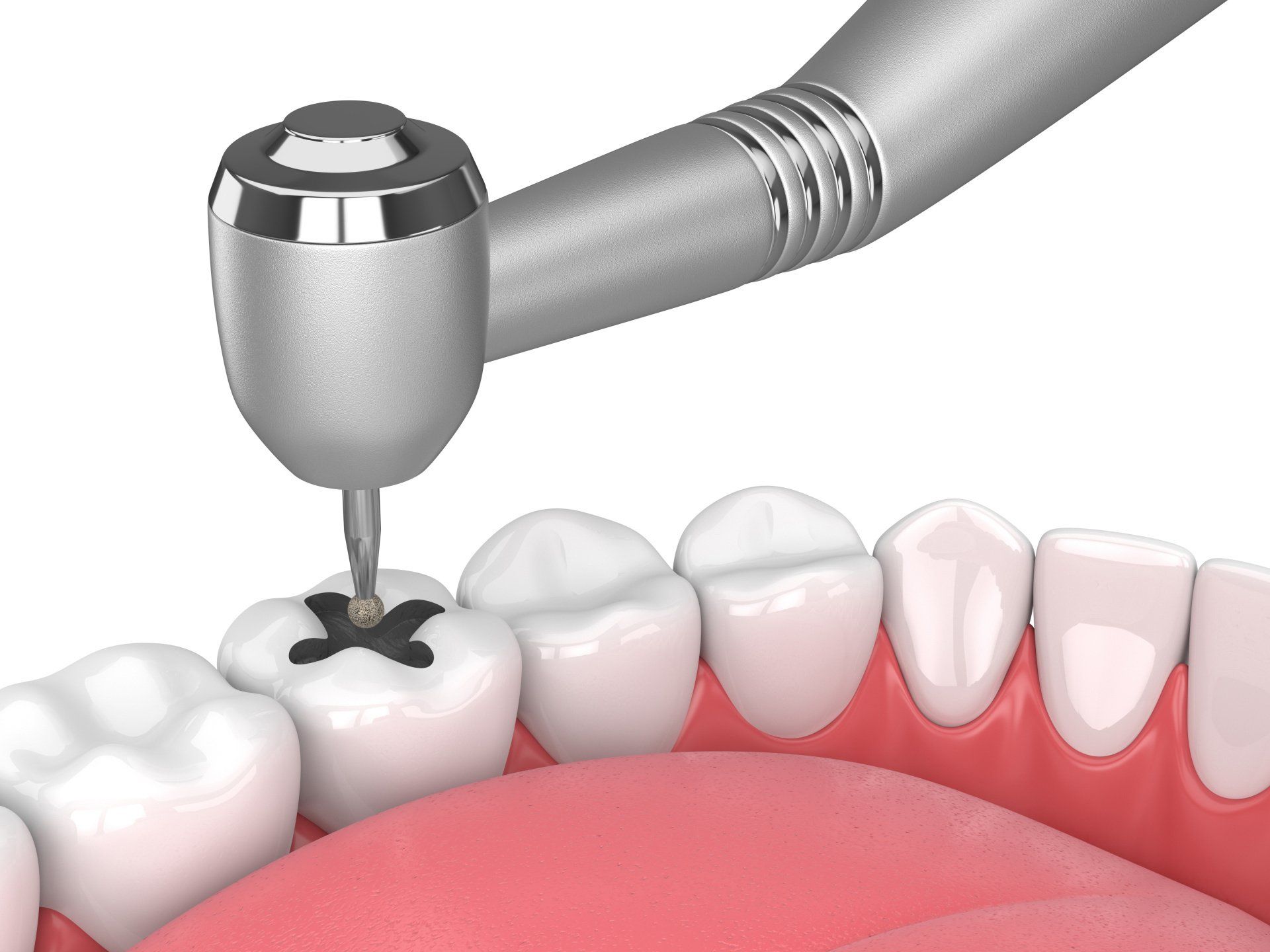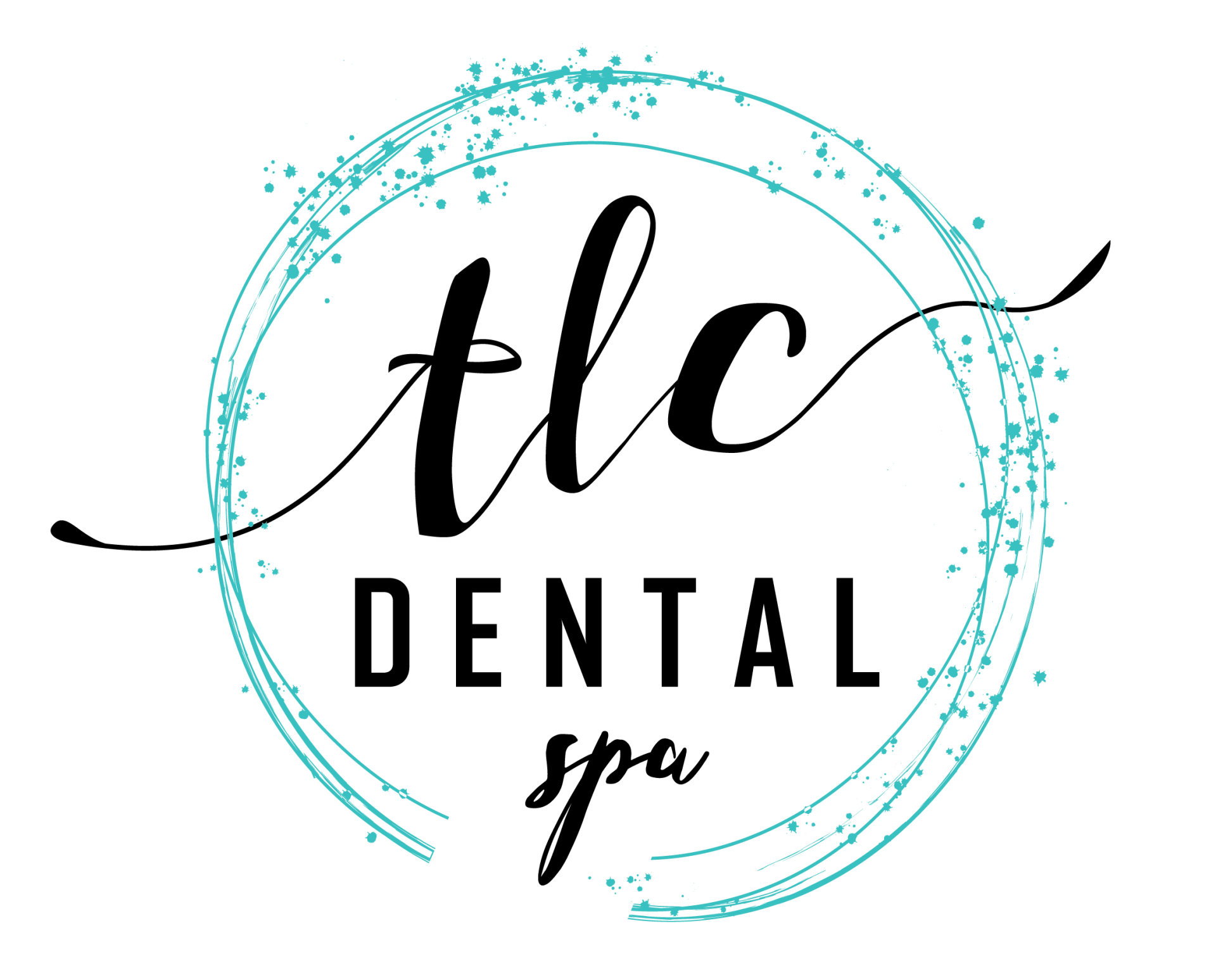TMD in Athens, Oconee

Most people visit the dentist for examination and cleanings for their teeth. While this is a cornerstone of dental care, Dr. Anita Mathew also helps patients who are dealing with problems stemming from dysfunction in the jaw.
At the back of the jaw are two joints, one on each side. The temporomandibular joints enable you to move your lower jaw in numerous directions. Surrounding these joints, often referred to as the TMJs, are integral structures that include vessels, muscles and ligaments. The harmonious coordination between these various components is essential to proper function. What happens in some cases is the joints endure excessive stress. If stress builds up, it is possible to experience TMD, or temporomandibular disorder.
Athens TMD
TMD explained
Dysfunction in the TMJs may occur for a number of reasons. For one person it may be a gum-chewing or nail-biting habit. For another, slight malocclusion, or issues with the way teeth fit together when they chew, is what places stress on the jaw. The role of your dentist is to identify where the problem may stem from so that the right solution can be found.
Depending on the circumstances, TMD may be treated with a "wait and watch" approach or with certain lifestyle modifications. For instance, patients who tend to chew gum the majority of their waking hours will be asked to stop this habit for a time. Stress-relieving exercises may also be recommended.
One of the common treatments for this uncomfortable condition is a custom mouth guard. This is because a large number of patients who present with TMD grind or clench their teeth excessively when they sleep. This underlying cause of TMD is called bruxism, and it is something most of us do to some extent. Grinding and clenching are quite common. In some, however, the force exerted is too much for the oral structure and for teeth.
A custom oral appliance is worn during sleep. It acts as a buffer that absorbs shock when grinding or clenching occurs. Since bruxism is a subconscious habit that is not likely to stop, the nighttime mouth guard may be worn indefinitely to protect teeth and the jaw.
If your jaw pops or clicks when you open and close your mouth, you have good reason to see Dr. Anita Mathew for a TMD consultation. Treating TMD early can help you avoid other uncomfortable symptoms such as jaw and face pain or chronic headaches.
Contact our office today to receive personal attention that gets results.


